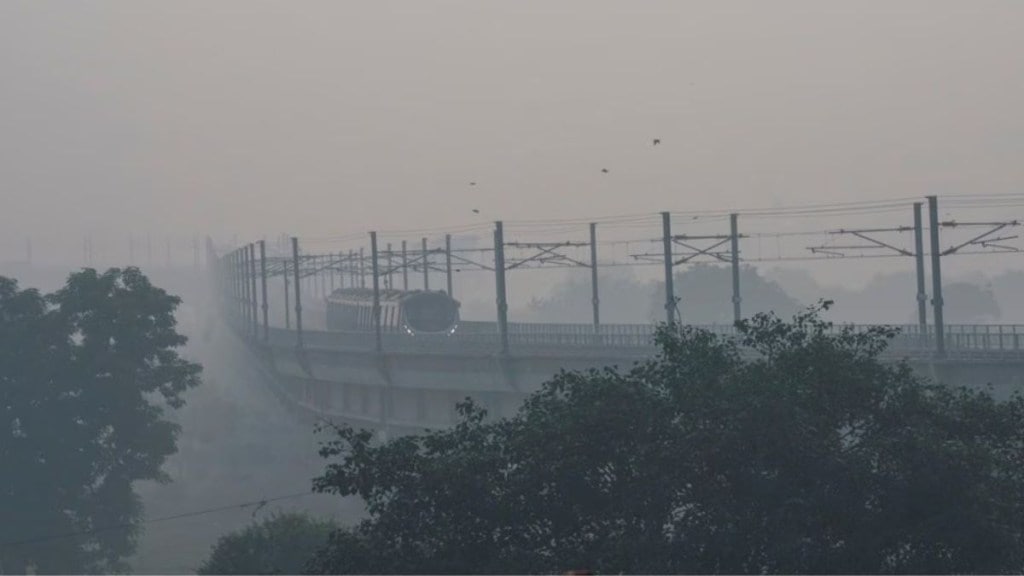In the Information age, data is the new oil but the national capital has turned the metaphor on its head. At a traffic signal in the Gurugram city centre, a signage is edifying the natives about the ambient pollution data: ‘PM10 at 604’ (Jargon for unhealthy levels of suspended particulate matter of 10 micrograms diameter in the air and at more than 10 times the acceptable numbers). Reading it out to this writer on Monday evening, Dr Ashutosh Raghuvanshi, CEO, Fortis Healthcare, finds himself both shocked and shaken beyond belief.
How bad is this and what should the residents do? “While I am not a practising physician but having been trained as one and living in Delhi for the past seven years, do find it worryingly high. The best protection is back to the basics – wear a face mask when venturing out, avoid prolonged exposure (at a stretch) outdoors, opt for air indoors or through air filters emanating from the air conditioners in offices or at homes,” he reminds.
His fears, “high levels of pollutants in the atmosphere can exasperate respiratory ailments, cause irritation in the eyes, overtime with unchecked and prolonged exposure begin impacting almost every organ in the body – from carbon deposits in the lungs to cardiovascular or heart ailments. As is to be expected, the risks are higher for the immuno-compromised or elderly with cardiovascular or pulmonary morbidities.
Mukund Rajan, author, founder of ECube with his expertise on the subject of climate change, Sustainability and ESG, says, people have now understood that pollution is taking lives with multiple studies drawing linkages between rising levels of pollution and deaths due to it. Also, he and others are pointing to reports about possible unleashing of ‘environmental refugees’ or ‘pollution refugees’ with locals temporarily relocating to other parts of the country to avoid being in the city grappling with smog. This trend could gather momentum if left unchecked.
Fortunately, there is hope since there is data and the government is sharing it with the people but as with oil that needs refining, this data too needs urgent attention with endeavours to address the root causes and there are enough and more experts to guide and grade the progress.

